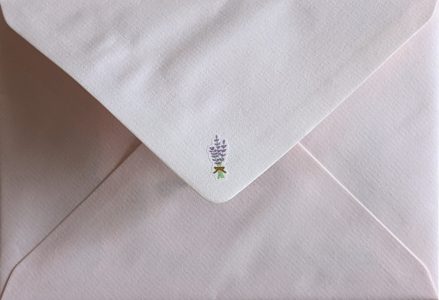When I set out to the AWP24 conference, I envisioned myself attending panels, sitting at the Minerva Rising Press table at the bookfair, and spending the rest of my time alone in my hotel room or sitting in cafes with my notebook. I thought I would retreat completely inward and write in silence. But there was hardly a moment of silence. My week at Kansas City, Missouri, was a buzzing flurry of interactions. I socialized the most I’ve ever had, which is quite a remarkable feat for me.
On the bus back to the airport I overheard two tenured professors summarize their AWP experience. A woman with thick geometrical frame glasses sat pressing her luggage against her knees. Another woman entered the bus and squealed in excitement as she spotted her friend and squeezed in the seat beside her. The distinguished glasses woman explained that she took the bus hoping not to run into anyone from AWP, as she had reached her talking quota. They agreed there were really three conferences: the bookfair, the panels, and the offsite events. I felt there was one more, something that happened in between.
Those who stopped by my table at the bookfair were either publishers advertising services, writers looking for a place to send their work or to refer a friend, others were looking for brochures and stickers to plump up their goody bag, or simply curious. I made an effort to stand up every time people approached, maintaining the same eye level in conversation. I asked people whether they are a writer and what they write. “A little of everything” was the common answer. One slouching undergraduate student told me the main reason she is studying creative writing is because she doesn’t know what she wants to be.
One of my favorite panels was focused on the art of teaching first drafts in creative writing workshops. Professor Barney Haney from the University of Indianapolis said he instills the belief in his students that a first draft is becoming something and we don’t know what that is. Moreover, judging what we don’t know stunts growth. Professor Jameelah Lang from Rockhurst University added that our job as writing teachers is not only to teach students how to write and build a sustaining writing practice, but also teach them how to become a self.
As I sat on the charcoal gray cushioned chairs in the audience, I couldn’t help but feel I was a part of something bigger, a sense of we. At the keynote address, the poet Jericho Brown said “Once you know you are part of a we, you ought to wonder who we are.” I met writers who are works in progress and poets who have dedicated their lives to condensing the full spectrum of the human experience into a polished form. How dare that literary magazine publish the tenured professor’s poem omitting her line breaks. The empty spaces are equally important.
Although I didn’t write any essays as I intended, I wrote endlessly in my pocket notebook almost everywhere. In a dim bar, where the feedback from the microphone jolted everyone awake, I jotted down lines that resonated at an open mic reading. I focused on listening to the words, distracting myself from the clattering background noise and intensifying smoky haze. I talked with writers and editors whom I never dreamed I would meet in person. I was pleased with myself. I wasn’t scared or anxious or shy. I was present. And the words flowed.
Afterwards, I savored the pause walking alongside the last traces of evening light reflecting in the skyscrapers outside the window in an empty hall, back in my room under the waterfall shower, nestling between the cool pillows in the dark. Up in the air felt like a line break in my life.
We all hurt and write not to make a spectacle of ourselves, but towards ourselves. People took things home with them, not because they wanted free stuff, but because those stickers and bookmarks are evidence of us. They mark periods of shared experiences amidst the regular flow of life. But there is also something magical about listening to the spaces in between, not for the what but how.
